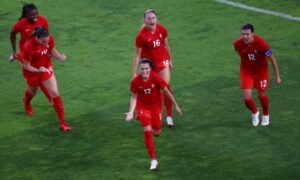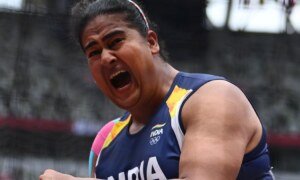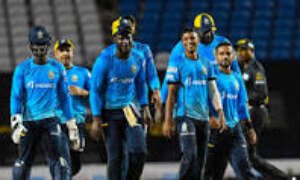The top Jr. A league is considering the measure during uncertain times, plus a very different schedule for 2020-21.
Navigating the world during a pandemic has been difficult for every industry, but there is an added layer of complexity in sports, especially for most leagues where paid attendance is crucial for survival. Out in British Columbia, one of Canada’s best Jr. A leagues is hoping for an allowance of 25 percent arena capacity from health authorities, but if that is not granted the circuit is looking at Plan B: have players pay to play.
It’s a controversial matter in hockey circles and some other Jr. A leagues already do it, though the BCHL is only looking at the practice in the short-term. Plan B is for players to contribute money that would cover basic hockey operations costs such as equipment, travel and arena leases and the amount would vary depending on team need. Most importantly, it would not be profit-driven.
“There are other Jr. A leagues that charge their players,” said BCHL commissioner Chris Hebb. “That’s never been the case in the BCHL – we’ve always maintained that we would try to generate revenues through ticket sales and sponsorships. Our arenas do pretty well so we’ve been able to meet the cost of having the players, other than some billet fees, without having to go into the players’ pockets.”
Of course, this is an extraordinary time and the BCHL is hurting just like most other leagues. The circuit’s ownership runs the gamut from non-profit, community-owned franchises to those in private hands. The newest franchise, the Cranbrook Bucks, are owned by former NHLers Nathan Lieuwen (the majority owner), Scott Niedermayer and Adam Cracknell, for example. And while the league has never asked for government funding before, the pandemic has changed that.
“We’ve always operated on the assumption our owners will foot the bill,” Hebb said. “Well, COVID really hurt us – especially losing all our (2020) playoff revenue, which is what is used to fund the following season. So that’s one of the avenues we’re going down, other than player fees. We have a request in front of our provincial government. We’re also reaching out to sponsors to see if they can subsidize some of the kids that would have a tough time paying.”
The BCHL has already pushed its regular season back to Dec. 1, but kids are coming to camp now and exhibition games begin this week. This ‘development season’ is similar to what the Alberta Jr. A League (the other titan of Jr. A hockey in Canada) is doing one province over.
Needless to say, everyone would like to avoid Plan B, but there is also empathy from those impacted.
“Obviously no families are excited about paying for junior hockey, but our clients understand the situation in the world due to Covid,” said family advisor Scott Norton. “I know some players have changed leagues due to finances. Personally, I unfortunately think there is a lot still to play out with this whole situation.”
What is clear is that the BCHL schedule will likely be radically different next season either way. Government health authorities in B.C. are recommending regional cohorts of four teams, with two-week quarantines for franchises in the case of infection. Hebb is looking at a schedule of 30-40 games, meaning each team would play the same three opponents many times. Playoffs have yet to be mapped out and the other big obstacle is the league’s one American franchise.
ADVERTISING
The Wenatchee Wild hail from Washington state and right now, the border is closed. Even if it opens, there will be snags.
“That’s obviously problematic,” Hebb said. “We’re looking at every option we can to get them in, but the challenge is that were they to come over the border, they would have to go into two-week isolation and that’s just not practical. What we have said is when the border opens up, they will join the league and we’ll base their performance – and the rest of the teams’ performance – on winning percentage as opposed to wins and losses. We want them to be a part of it, but there’s nothing we can do about a closed border.”
The Wild are no add-on to the league, either: Wenatchee won the BCHL championship in 2018 with a roster featuring future NHL draft picks such as Slava Demin (Vegas) and Jasper Weatherby (San Jose).
Hopefully a solution can be found, but at the least, the best efforts are being made for the BCHL to have some semblance of a 2020-21 campaign during very difficult times.
“The main thing for us is we were worried about canceling the season,” Hebb said. “And now we’ve guaranteed our players there will be one. If we can get the 25 percent capacity in our buildings and get that revenue, that’s Plan A. But we felt we needed a Plan B and now these kids can count on the BCHL being there for them.”




Leave a comment
You must login or register to add a new comment.